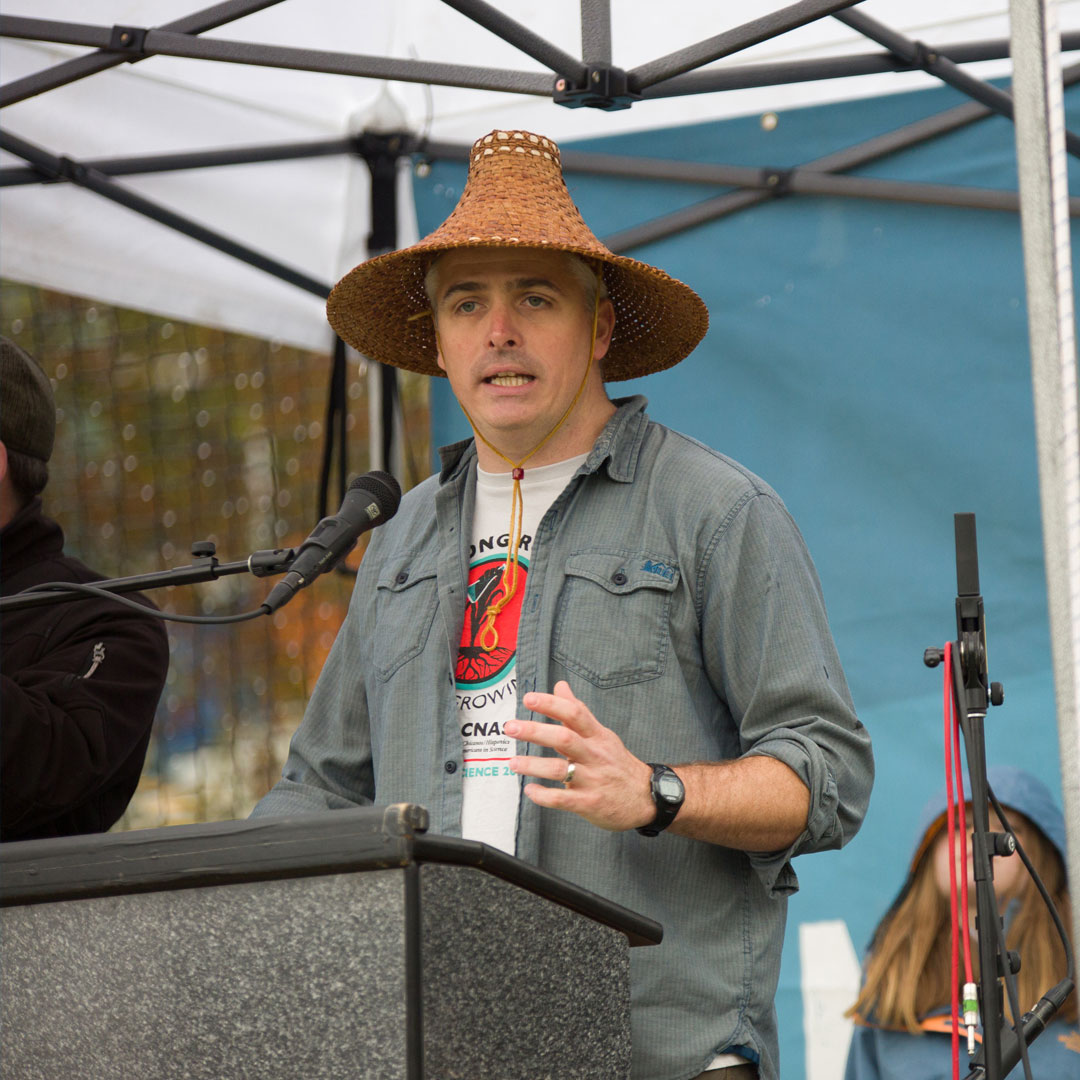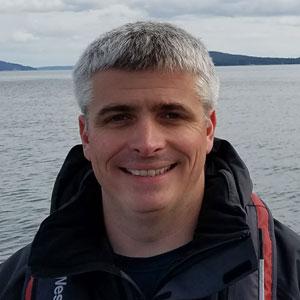Using Clam Garden Research to Span the Boundary Between Indigenous Communities and Academic Research

WHEN
Thursday, March 11, 2021
4:30-5:30 p.m. PST
LOCATION
Online
PRICE
Free
Check out this video to watch the Using Clam Garden Research to Span the Boundary Between Indigenous Communities and Academic Research.
Within natural and social science research, resource management, and applied conservation, there is growing focus on the inclusion of Indigenous knowledge, Indigenous knowledge systems and partnerships with Indigenous communities by governments (TRC 2015; Government of British Columbia 2019; IUCN 2011), funding agencies (Parks Canada Agency 2019; TriCouncil of Canada 2020), and scholars (Salomon et al. 2019; Artelle et al. 2018). As the number of scholars and managers making efforts to bridge the gap between Indigenous communities and resource managers grows, there is a growing need for a set of skills, values and priorities that support the development of equitable, enduring partnerships that span disciplinary and cultural boundaries. The role of a boundary spanner has assumed new importance that has not yet been described within the field. Marco Hatch will use clam garden research as an example of a project that spans the boundaries between academic research, federal agencies, and Indigenous communities.
More information about the speaker series is available here.

Marco Hatch, Assistant Professor Huxley College
Speaker
As the PI for the Coastal Communities and Ecology Lab at WWU, Marco Hatch has worked with many Native American communities to create a framework to build collaborative coproduced research projects around changing food and medicinal systems. As a member of the Samish Indian Nation, a local federally recognized Coast Salish tribe, he has helped create a network of communities interested in maintaining Indigenous food systems. Prior to WWU he was the founding Director of the Salish Sea Research Center at Northwest Indian College. At WWU he continues to create culturally grounded research experiences for Native American students. Through the NSF PAGE program, he leads a 4+2 bridge program creating opportunities for students graduating with a Bachelor’s of Native Environmental Sciences from Northwest Indian College to pursue a Master’s of Environmental Science at WWU.
QUESTIONS
Stefan Freelan is the coordinator of the Huxley Speaker Series. Feel free to email stefan@wwu.edu or call (360) 650-2949 if you have any questions or comments.
There will be auto-captions available for this event. To request closed captions, please mark the request on the registration form. Advance notice of three days to one week is appreciated.